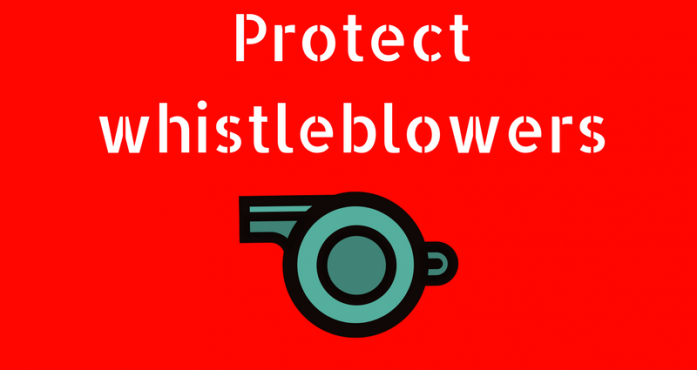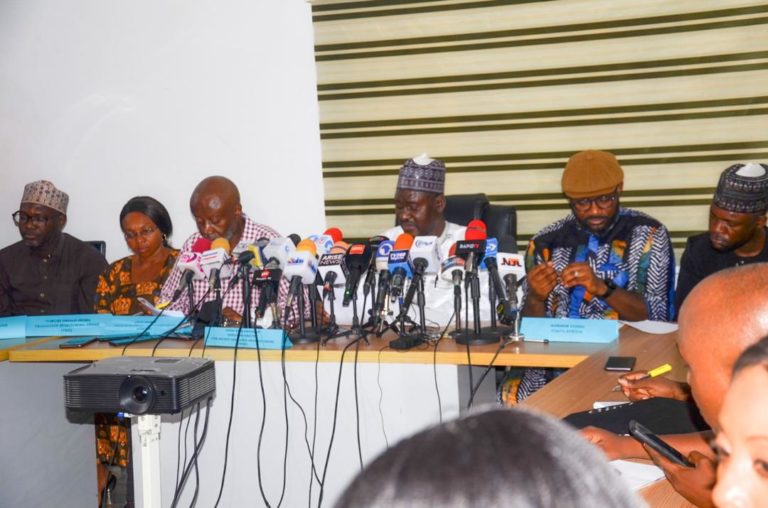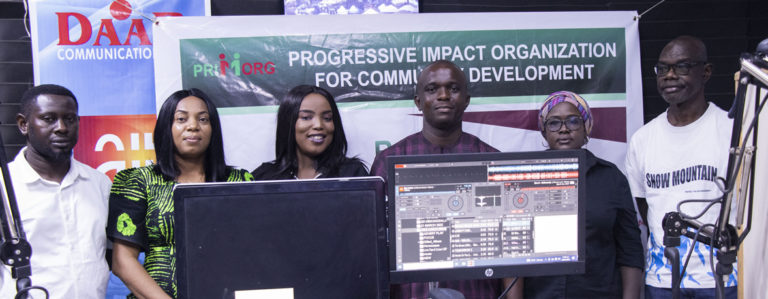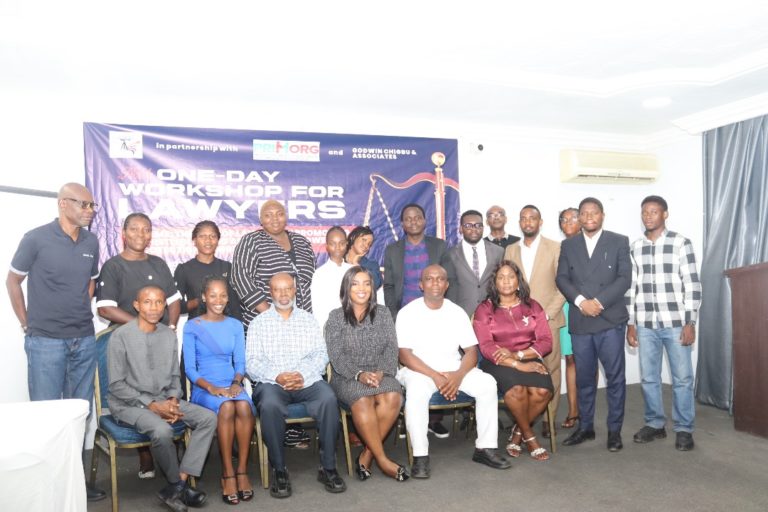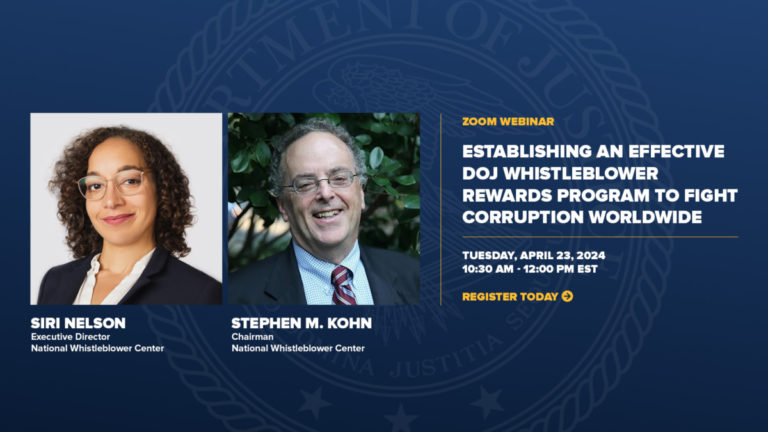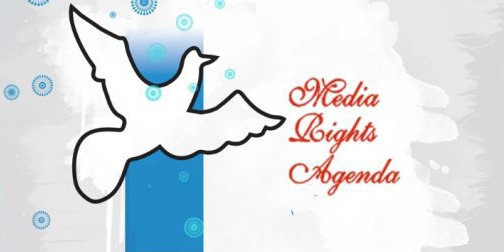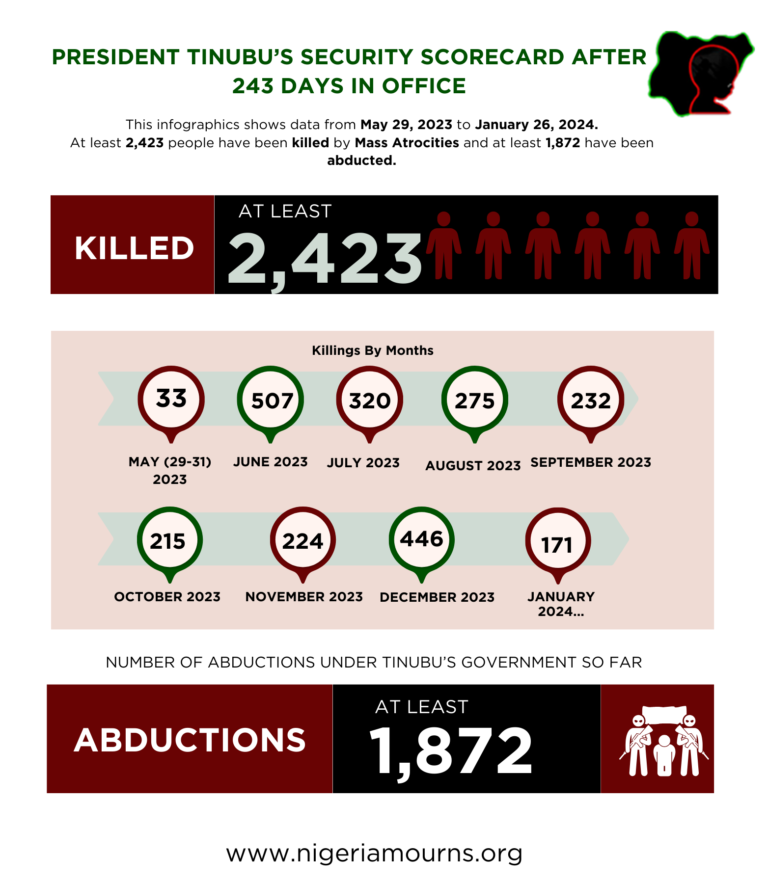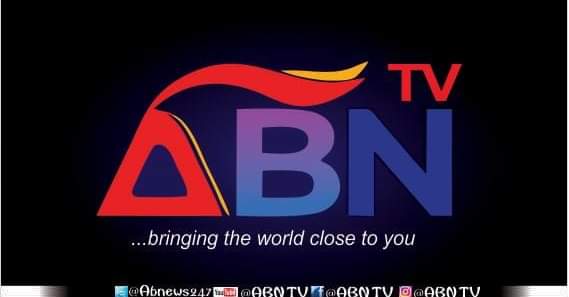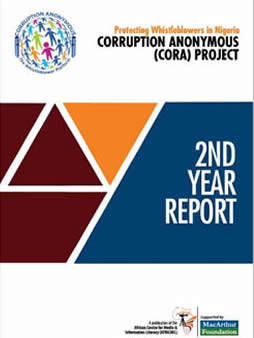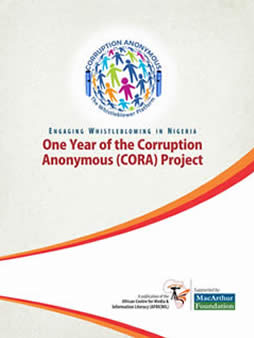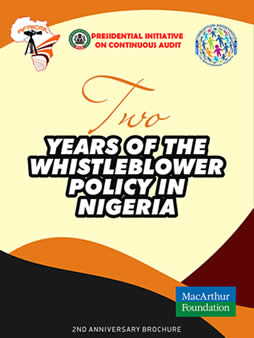By Dana Gold @DanaLGold
They’re not the same as “leakers” — and they don’t always go to the press
When a whistleblower revealed the Trump administration’s decision to overturn 25 security clearance denials, it was the latest in a long and storied history of insiders exposing significant abuses of public trust. Whistles were blown on U.S. involvement in Vietnam, the Watergate coverup, Enron’s financial fraud, the National Security Agency’s mass surveillance of domestic electronic communications and, during the Trump administration, the corruption of former Environmental Protection Agency chief Scott Pruitt , Cambridge Analytica’s theft of Facebook users’ data to develop targeted political ads, and harm to children posed by the “zero tolerance” immigration policy. Despite the essential role whistleblowers play in illuminating the truth and protecting the public interest, several myths persist about them, some pernicious.
MYTH NO. 1
Whistleblowers are employees who report problems externally
Often a distinction is made between employees who raise concerns inside their organizations and those who turn to outside entities, such as Congress, enforcement agencies or the press, to disclose concerns about wrongdoing. People in the corporate ethics and compliance sector try to steer workers away from whistleblowing by creating “speak up” cultures within agencies or companies. Many employees who report problems internally don’t think of themselves as whistleblowers, noting that they are just doing their jobs or helping the company . And the notion that whistleblowers are employees who report externally is implicitly reinforced at times by the press, probably because the whistleblower sources with whom reporters work have, obviously, decided to take their concerns outside the walls of their employers.
But under most whistleblower protection laws, employees have rights to report wrongdoing both internally and externally, free from reprisal. So failing to consider workers who disclose serious misconduct to be whistleblowers because they haven’t reported the problems externally could make them liable to retaliation by their employers.
The overwhelming majority of employees who see problems want to blow the whistle internally first. Understanding this can — and should — encourage employers to respond appropriately when workers report problems, protecting them from reprisal and investigating and addressing their disclosures thoroughly. Similarly, employees who understand that they are in fact whistleblowers when they raise concerns inside the workplace will be better prepared to navigate their rights, risks and options.
MYTH NO. 2
Whistleblowers are either disloyal or heroes
A Forbes article, “Whistleblower: Warrior, Saboteur Or Snitch?,” is illustrated with a picture of a street sign with divergent directions for “loyalty” and “whistleblowing.” This is just one of many articles noting the widely held public perception of whistleblowers as disloyal, with terms such as “disgruntled,” “self-serving,” “narcissistic” or even “traitor.” These negative perceptions direct focus onto the whistleblower’s motive while calling into doubt the legitimacy and importance of the reports of misconduct.
The image of whistleblowers as disloyal is often held in tension with a belief that they are heroes, as the articles also note. But this perception is not accurate, either.
In reality, most whistleblowers are motivated by a deep sense of loyalty to their employers and are exercising both a high degree of professional ethics and a belief that their employers will address the problem. While many employees who witness wrongdoing in the workplace stay silent, fearing reprisal or futility, those who do raise concerns — and again, most do so internally first — demonstrate faith that their employers are committed to compliance and that they can make a difference. Whistleblowers who report externally typically do so because the problem is significant and their employers have failed to address it or engaged in reprisal (or both). At this point, government whistleblowers may decide that their loyalty is to the Constitution they swore to uphold; others may feel impelled by loyalty to professional ethics codes or to their own moral compass.
MYTH NO. 3
‘Leaker’ is another term for ‘whistleblower’
“Leaking” has been used by both the Obama and Trump administrations to describe, and typically disparage, legitimate national security whistleblowers. A 2013 New York Times article switches between “leaking” and “whistleblowing” indiscriminately while parsing whether Edward Snowden and Chelsea Manning are heroes or traitors.
Leaking, however, is not the same as whistleblowing.
Whistleblowing is defined under the Whistleblower Protection Act , the primary law that covers nonintelligence federal workers, as disclosure of information that an employee “reasonably believes” demonstrates “a violation of a law, rule or regulation; gross mismanagement; a gross waste of funds; an abuse of authority; or a substantial and specific threat to public health and safety.” This describes misconduct that is of serious concern to the public interest.
Leaks typically don’t reveal this level of misconduct, instead sharing information that may be salacious, embarrassing or otherwise interesting, even if sometimes quite important.
Even though protections for intelligence community whistleblowers are weak and dictate how those employees must report concerns, Snowden’s revelations about the NSA’s unconstitutional mass collection of telephone metadata, and Reality Winner’s disclosures about Russian efforts to hack state elections as the Trump campaign was denying Russian involvement, clearly meet this standard of significance.
While reporters may use the term “leak” to describe information received from anonymous insiders, the failure to distinguish between leaking and anonymous whistleblowing risks undermining the legitimacy and importance of disclosures that clearly advance the public’s interest in accountability and a functional democracy.
MYTH NO. 4
Remaining anonymous is the best strategy for whistleblowing
Journalists and public-interest organizations have taken to urging government and private-sector workers to disclose information to them, promising anonymity. News outlets actively promote their mechanisms for secure communication; some nongovernmental organizations have launched anonymous hotlines for reporting corruption or assaults on science. These messages perpetuate a myth that anonymous disclosures are both possible and in the best interests of potential whistleblowers.
Efforts like these are needed, but reporting serious wrongdoing is risky business, and employees who believe this myth may be inadvertently hurt in the course of disclosing what they have witnessed.
Because most workers raise concerns internally first, and because their information is often tied to their responsibilities and expertise, their fingerprints are metaphorically on their disclosures. Under the law, an employee who suffers reprisal for whistleblowing needs to show that the employer had knowledge that they raised an issue. A sophisticated employer may be able to suss out the identity of a whistleblower and retaliate, but an employee’s attempts to remain anonymous may make it more difficult to prove the employer had that knowledge.
Anonymity can weaken a whistleblower’s ability to gain support from public-interest organizations, professional associations, sympathetic members of Congress, enforcement agents and even other co-workers who might want to come forward. And finally, the reporter’s privilege for protecting communications is not as strong as the attorney-client privilege, and even employees who reach out to public-interest organizations staffed with lawyers fielding hotlines may not have the benefit of that privilege because they are not seeking or receiving legal advice — they are disclosing information.
MYTH NO. 5
Julian Assange is a whistleblower
Assange, the founder of WikiLeaks, is widely described as a whistleblower. A 2010 interview in the Guardian titled “Julian Assange: the whistleblower” promotes this myth directly, and as recently as last year, ABC News called him “the world’s most famous whistleblower.” This myth muddies already difficult waters for whistleblowers.
WikiLeaks is a self-described “media organization” that “specializes in the analysis and publication of large datasets of censored or otherwise restricted official materials involving war, spying and corruption.” Before being implicated in the acquisition and release of the Hillary Clinton campaign’s emails in 2016, Assange and WikiLeaks published diplomatic cables and video footage of an Iraqi airstrike that killed two Reuters photographers, provided by whistleblower Chelsea Manning.
But unlike Manning, Assange did not discover or disclose wrongdoing as an insider. Rather, he received information from a whistleblower and published it. His methods differ from those of most journalists, but the publication of documents that reveal wrongdoing does not make Assange a whistleblower, any more than are the New York Times and Washington Post journalists who published the Pentagon Papers — or, for that matter, than I am when I advocate on behalf of my whistleblower clients, which sometimes involves helping expose the misconduct they have discovered and disclosed. They’re the true whistleblowers.
Source: https://www.washingtonpost.com

